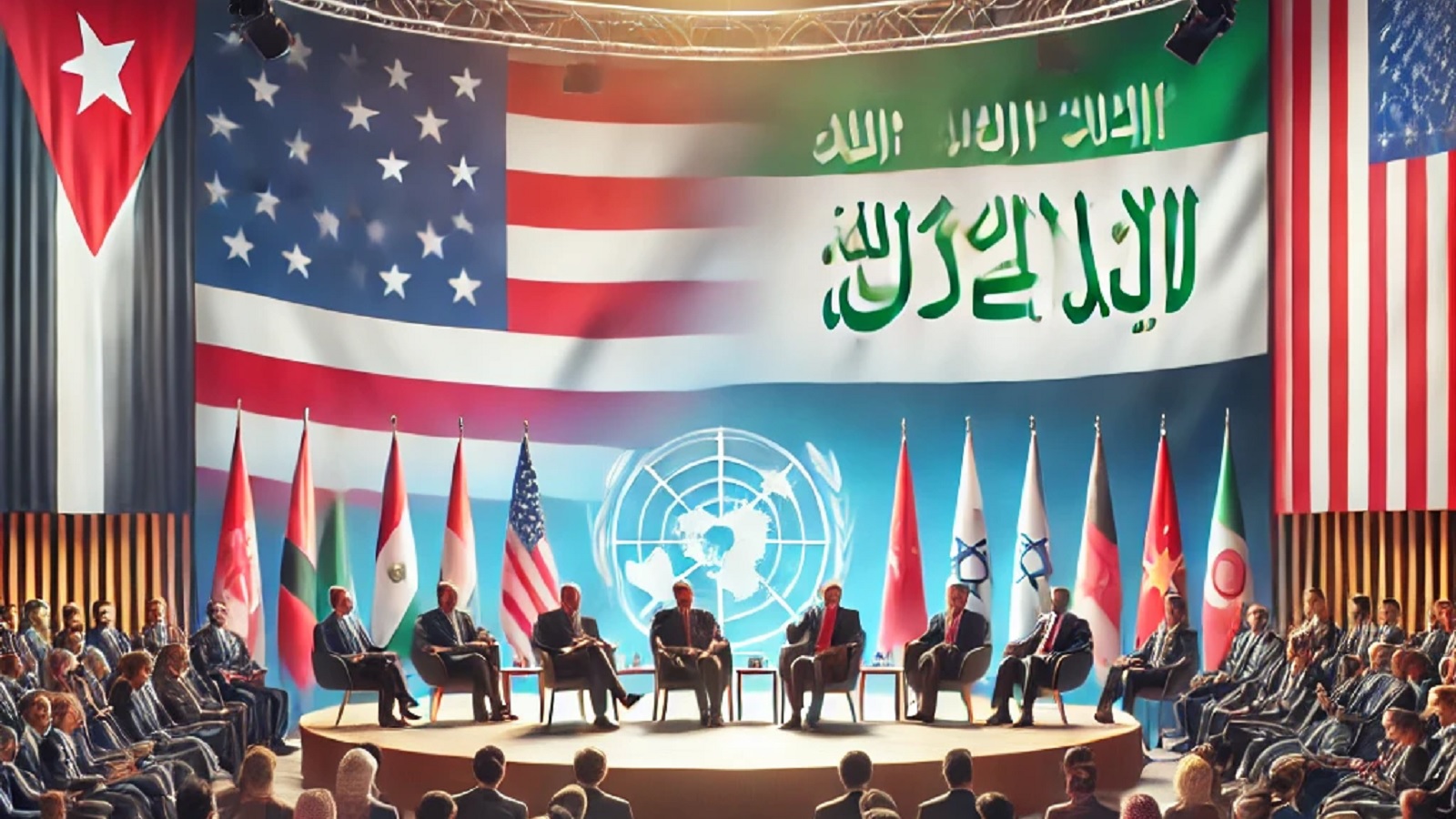American Attitudes Toward the Region
An-Nahar, Lebanon, June 4
Last week, the Dubai Press Club held its 21st session, during which numerous issues were raised, including a dialogue symposium I contributed to, titled “The American Elections and Their Impact on the Arabs,” with two colleagues. Given the nature of the symposium and the limited time, I could only present a few quick points, which I will elaborate on here. Firstly, it is both premature and misguided to predict who will win the elections. Historically, the unexpected often occurs. For instance, many doubted Barack Obama’s chances due to the color of his skin and his middle name “Hussein,” yet he won twice. Similarly, despite Hillary Clinton’s political experience, Donald Trump emerged victorious. Many expected Trump to secure a second term, but Joe Biden won instead. Therefore, it’s crucial to approach such predictions with caution; Biden might win again, or Trump, or even an unforeseen third candidate could surprise us. Secondly, the American political landscape currently appears chaotic, marked by Trump’s legal battles and Biden’s perceived forgetfulness. It bewilders many that a great nation like the United States seems to offer only these two men, each encumbered with significant liabilities. In the context of international agreements, after the signing of the nuclear deal between the P5+1 and Iran in July 2015, Prince Bandar bin Sultan, an expert on American affairs, remarked, “America’s enemies should beware of it, but its friends should be more careful of it.” Former Egyptian President Hosni Mubarak echoed this sentiment, saying, “The one who relies on America for clothing may find himself naked,” reflecting the frustration with America’s political stance toward the Middle East. The issue at hand is complex, not simply black and white. It is a multifaceted situation tied together by American interests. In the mid-1950s, the United States opposed the tripartite aggression against Egypt, forcing its allies—France, Britain, and Israel—to withdraw from Sinai. However, with the fall of the Soviet Union and a partial shift away from oil dependence, US interests pivoted to Southeast Asia, neglecting the Arabs and the Gulf. A recurring perspective I maintain is, “You can disagree with America but not be hostile to it.” The current contention revolves around America’s relationship with Israel. America’s stance is influenced by the historical context of the Jewish people, who are integrated into American and European societies and are influential in politics, trade, media, and science. The large Christian Zionist movement also significantly impacts political decisions. The Gaza War exposed Israeli arrogance and its psychological drive rooted in historical fears of genocide. The loss of 1,200 Jews on October 7 was perceived as the onset of genocide, prompting Israel’s disproportionate response, stirring emotions across America and Western capitals, and driving some to recognize a Palestinian state. Today’s primary obstacle is the Palestine issue and the consequences of October 7. This evolving situation reveals a noticeable rift between US and Israeli policies, particularly under Israel’s extreme right-wing government. Palestinians must adeptly navigate the political process, leveraging European recognition of a Palestinian state as a foundation, akin to how the Zionist movement capitalized on the Balfour Declaration. However, this will require overcoming internal divisions that hinder political progress. The lack of a robust Arab presence in the American political discourse creates a vacuum that others readily exploit. Several countries, including Kuwait in the 1970s, attempted to bolster Arab advocacy by establishing the Arab American Society to unify Arab activists. However, this initiative only lasted for a period before fragmenting due to internal divides. Ultimately, whoever ascends to the White House is unlikely to deviate significantly from America’s core interests. While nuances in policy approach may vary, the overarching strategy typically aligns with long-standing national interests. The influence in America largely depends on the unity of the Palestinians and their steadfast pursuit of a two-state solution, free from internal politicking and grandstanding. To sum up, understanding the complexities of American policy, especially in relation to the Middle East, requires a nuanced perspective. It involves recognizing the shifts in geopolitical alliances, the interplay of domestic politics, and the pivotal role that historical ties and advocacy play. In such a volatile landscape, the voices and actions of all stakeholders—Palestinians, Arabs, Israelis, and Americans—remain crucial in shaping the future. —Mohammed Al Rumaihi (translated by Asaf Zilberfarb)
This holiday season, give to:
Truth and understanding
The Media Line's intrepid correspondents are in Israel, Gaza, Lebanon, Syria and Pakistan providing first-person reporting.
They all said they cover it.
We see it.
We report with just one agenda: the truth.



